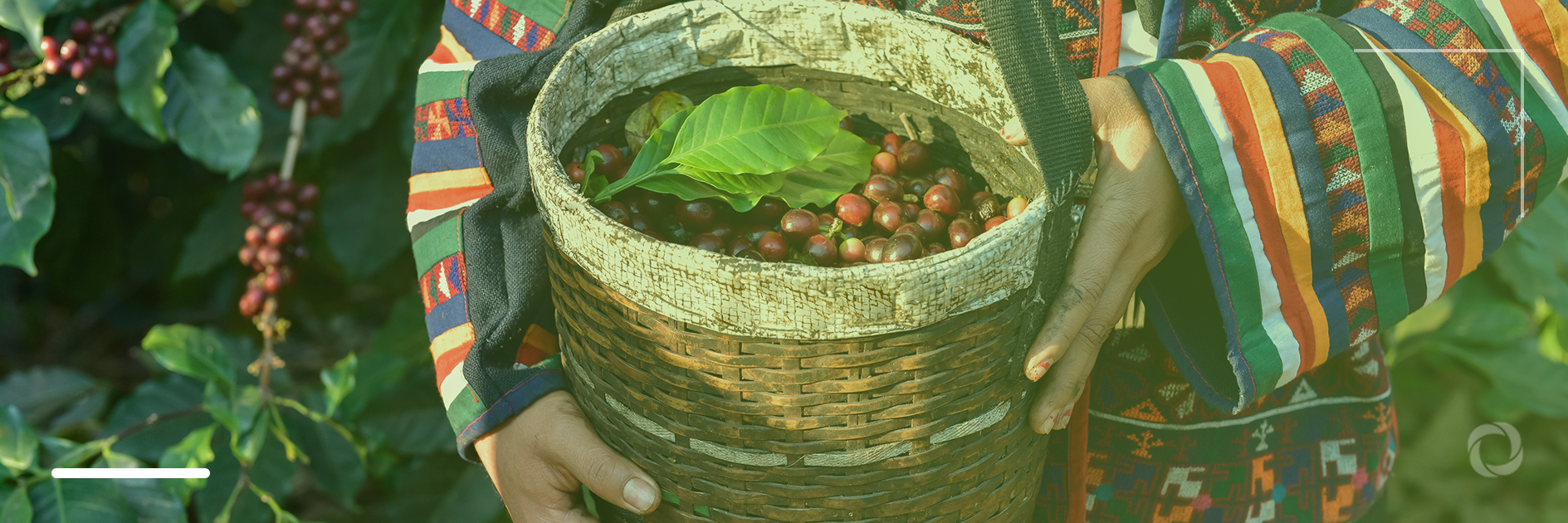Observing that the current mainstream methods of price setting are insufficient to close the living income gap, Heifer International, a global development organization, Bellwether Coffee, the creator of the most sustainable commercial coffee roaster, and Sustainable Harvest, a mission-driven coffee importer, on May 11 announced the Verified Living Income (VLI), a pricing model that aims to improve the livelihoods of coffee farmers. Anticipated to both help coffee farmers to earn a living income and to establish a more equitable coffee industry, this pricing model determines the minimum price farmers need to be paid for coffee in order to earn a living income.
The three main shifts that the VLI model calls for within the coffee industry include equalizing the power dynamics between buyers and producers, evolving procurement practices to directly address economic sustainability at origin, and boosting cooperation across the supply chain. Furthermore, it calls on an investment in the future of coffee production to ensure that it provides a dignified, self-sustaining livelihood for farmers. The VLI methodology was developed through a pilot study conducted in Tolima, Colombia with 38 smallholder farmers from the ASOPEP cooperative.
Warning that coffee can be a poverty trap, simply because the farmers who grow it are not paid adequately for their very valuable products, Cory Gilman, Strategic Initiatives Manager for Coffee and Commodities at Heifer International, said, “We all know and love the coffee these farmers produce, but people don’t realize the downward price spiral farmers are stuck in.” We believe products like coffee are not sustainable unless they are tied to living incomes at origin and coffee companies have a great opportunity to help to end poverty in growing regions by paying verified living income prices, he added.
Confirming that the results of the VLI pilot program highlight the need for further transparency and accountability across the coffee supply chain, Camilo Enciso Suarez, Cooperative Manager at ASOPEP, said, “Identifying the key factors that impact farm profitability is powerful and pairing that knowledge with prices based on the true cost of production can transform farmers’ lives for the better.”
Stating that VLI provides an additional actionable standard that more coffee processors can adopt, Monica Terveer, Director of Sales at Sustainable Harvest, remarked, “The industry has a new opportunity to discover a Living Income price that can assure a sustainable supply chain for years to come; our role will be to help them navigate how to get there.”
Grayson Caldwell, Senior Sustainability Manager at Bellwether Coffee, was of the view that VLI marks a substantive change in the way the industry pays for green coffee and that it is a truly transparent, economically viable method of determining how much to pay for green coffee that is rooted in farmers’ livelihood needs.
Considering farm financial management as a necessary step to prosperity, providing digital financial management tools to members, supporting the building of business acumen at the cooperative-level, embedding farmer profitability into procurement, and facilitating the tracking and determination of the long-term full economic costs of production as a standard farm management practice are some of the major interim recommendations suggested for actors across the coffee value chain.

